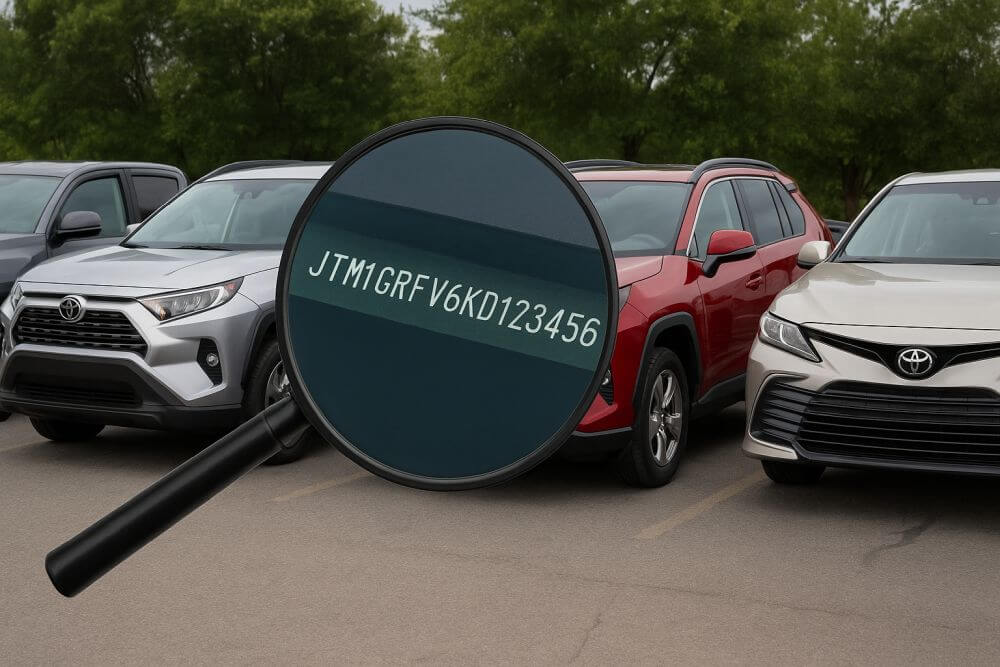When it comes to buying or owning a used car, understanding its true value is crucial. Whether you’re a buyer seeking a reliable vehicle or an owner looking to refinance, a car value report is essential for making informed decisions. This report not only offers a comprehensive overview of a vehicle’s worth but also provides insights into its history, condition, and potential future costs. Lenders and insurers heavily rely on these reports to assess the value of a vehicle, which in turn impacts loan approvals and insurance premiums. To get started, a free VIN check can provide valuable initial insights into a vehicle’s history and specifications, making it an invaluable tool in your automotive research.

Car value reports are vital for understanding the intricate details of a vehicle’s past and present. They give lenders and insurers a clear picture of the car’s market value, accident history, and other essential factors. By using a VIN decoder, you can delve deeper into a vehicle’s specifications and history, allowing you to make more informed decisions. Moreover, comparing VIN and license plate checks can offer a more comprehensive view of the vehicle, ensuring you don’t miss any critical information. To explore these aspects, you can compare VIN and license plate checks to gain a fuller understanding of the vehicle’s history.
What Do Lenders and Insurers Look for in a Car Value Report?
Lenders and insurers assess various elements in a car value report to determine a vehicle’s worth. These factors influence loan terms, interest rates, and insurance premiums. Here’s a closer look at what they check:
1. Vehicle History
A comprehensive vehicle history report is essential for lenders and insurers. It includes:
- Accident History: Any past accidents or damage, which can significantly affect the car’s value.
- Title Status: Information about salvage titles or flood damage titles.
- Previous Owners: The number of prior owners and the duration of each ownership.
2. Market Value
The market value of the vehicle is determined by comparing it with similar models in the area. This is crucial for lenders when setting loan amounts and for insurers when calculating premiums. Factors such as age, make, model, and mileage play a significant role in determining the market value.
3. Vehicle Condition
An assessment of the current condition of the vehicle is necessary. This includes:
- Mechanical Condition: Evaluation of the engine, transmission, and other crucial components.
- Aesthetic Condition: Examination of the bodywork, interior, and paintwork.
The Importance of VIN Checks in Assessing Car Value
Vehicle Identification Number (VIN) checks are integral to understanding a car’s history and specifications. A VIN decoder translates the unique 17-character code into crucial information about the vehicle. Here’s how VIN checks contribute to car value assessments:
1. Decoding Vehicle Specifications
By using a VIN decoder, you can access detailed information about the vehicle’s make, model, year, engine type, and more. This data is crucial for both lenders and insurers as it provides a baseline for evaluating the car’s market value.
2. Uncovering Hidden History
VIN checks reveal important historical data such as accident reports, service records, and title issues. This transparency is essential for lenders to assess risk and for insurers to determine coverage levels.
3. Ensuring Accuracy
Accurate vehicle identification through VIN checks helps prevent fraud and ensures that the car’s documented history matches its physical condition and specifications.
Leverage VIN Checks for Better Financial Decisions
Understanding the value of a used car is crucial for both buyers and owners. A thorough car value report that includes a VIN check can provide transparency and confidence in your automotive decisions. To get a detailed view of a car’s history and specifications, try VinCheckPro’s free VIN decoder today.
Frequently Asked Questions
Why is a VIN check important for assessing a car’s value?
A VIN check provides detailed insights into a vehicle’s history, including accidents, service records, and title issues. This information is crucial for determining the car’s true market value and assessing risk for lenders and insurers.
How do lenders use car value reports?
Lenders use car value reports to determine the loan amount and interest rates. By understanding a vehicle’s market value and history, lenders can assess the risk of lending and set appropriate terms for borrowers.
What information do insurers need from a car value report?
Insurers require information on a car’s accident history, title status, and market value to calculate insurance premiums. This helps them assess risk and determine coverage levels.
Can a VIN check uncover hidden problems with a vehicle?
Yes, a VIN check can reveal hidden issues such as past accidents, title problems, or discrepancies in mileage readings. This information is vital for making informed purchasing or refinancing decisions.
Where can I conduct a free VIN check?
You can conduct a free VIN check at VinCheckPro to get comprehensive insights into a vehicle’s history and specifications.

